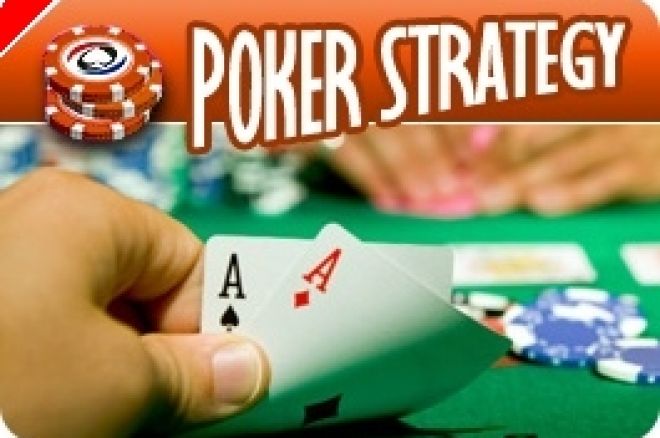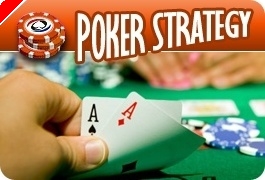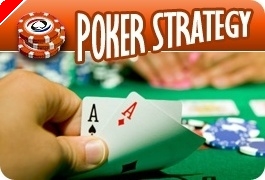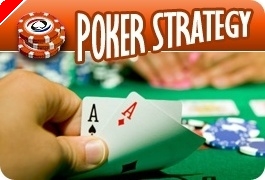Stud Poker Strategy: 17 Tricks of the Trade

There are hundreds of strategy considerations in stud. Most are based on a few broad principles: "Good starting hands turn into winning hands." "Don't chase without sufficient pot odds or implied odds." "Be aggressive when you're ahead." Things like that. I've written about them and will continue to do so.
But there are other considerations that are, for lack of a better term, "quickies". These are tricks of the trade, so to speak, that are best summed up in one liners. They are just little observations that I have made over the years. Many relate to bluffing and being bluffed. I share them with you here:
1. Watch players as they pick up their cards. They will often nest a card if they have a flush, straight or a pair. This is especially true in draw games. But some players do this in stud as well, after they've been dealt their final down card.
2. If a hand is multi-way on the river and someone raises, it is a near certainty that they aren't bluffing.
3. Someone who is about to leave will rarely play deceptively or call a bet or raise unless he has a legitimate hand.
4. Many players tend to shuffle their final down card before looking at it. They frequently expose a card or two during this shuffle. Learn who does it and watch for it. As they say in bridge, "A peek is worth two finesses."
5. Seemingly inexplicable aggression is often the most convincing bluff. On fifth street, for example, you can often get a good player to release his premium pair if you raise him when a low card hits you.
6. Bad position is often a good position for a raise.
7. Players who have just won a big pot are often good objects of a semi-bluff on third street �C if they are still stacking their chips.
8. Some players initiate betting just because they are the high hand showing. You can sometimes knock them off their hand by raising.
9. Occasionally acting like you are weak, by pausing, or saying "I guess I have to bet," or other obvious moves, and then betting will often convince strong players to fold.
10. In a tournament, the first hand of a new level is often the best time to bluff.
11. It is difficult, but possible, to see images of cards on the glasses of some players.
12. A player who has just picked up a drink or some food is less likely to be bluffing.
13. A player who is engaged in following a race or sports on TV will often fold to your bluff if he is not yet involved in your hand.
14. If a player says, "I have trips," and is obviously joking about the strength of his hand, he is more likely than not to have a pair of that rank.
15. Someone who shuffles his cards on the river is usually on a draw.
16. Someone who is being sweated, especially by his wife or husband, is less likely to play poor cards than normal.
17. You can often steal a pot by recognizing that the remaining player or players show that they're intending to fold by positioning their cards in a discard position before the action comes to them.








